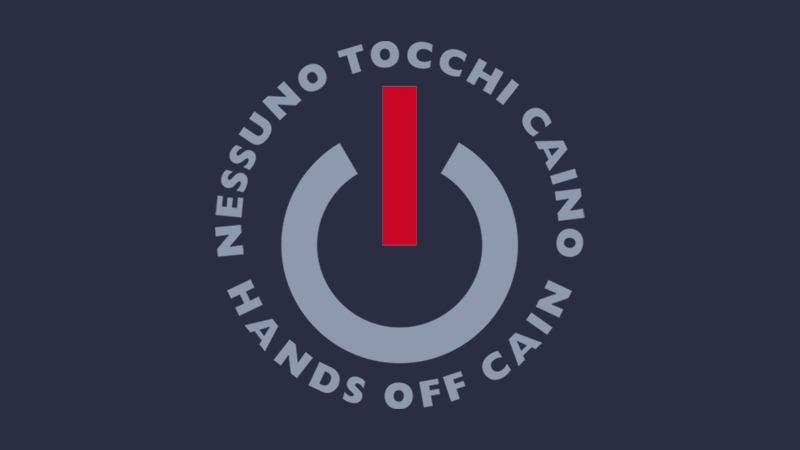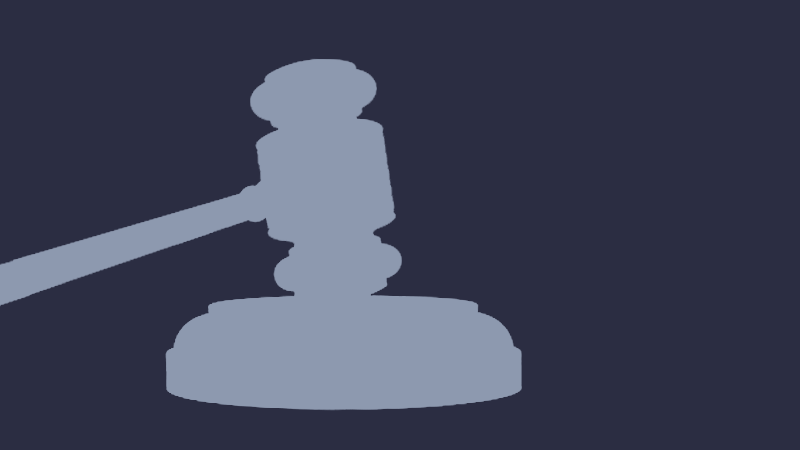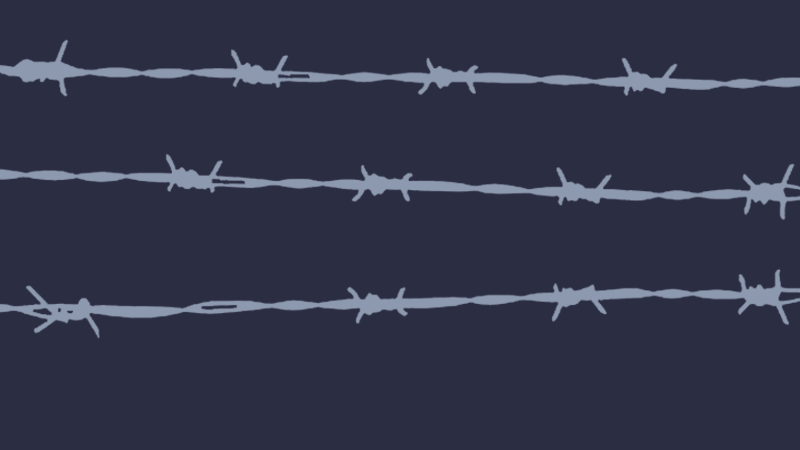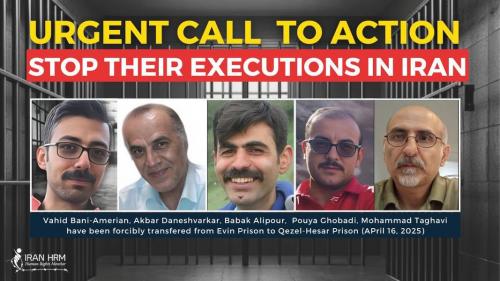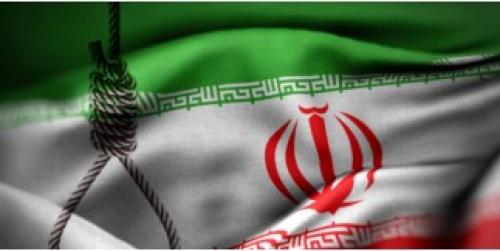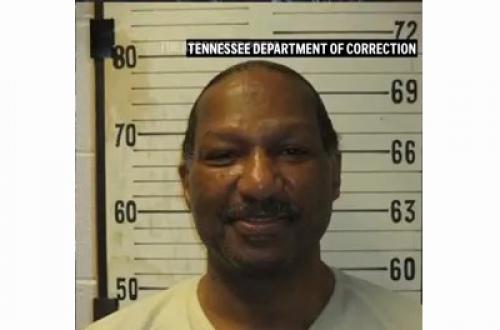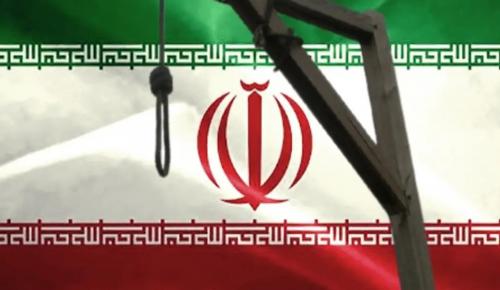government: parliamentary republic
state of civil and political rights: Partly free
constitution: 3 June 1959, amended in 1965
legal system: based on common law
legislative system: Unicameral Parliament
judicial system: Supreme Court, chief justice is appointed by the president with the advice of the prime minister, other judges are appointed by the president with the advice of the chief justice; Court of Appeals.
religion: Buddhist 42.5%, Muslim 14.9%, Taoist 8.5%, Hindu 4%, Catholic 4.8%, other
death row: at least 8 (on 13 may 2005)
year of last executions: 0-0-0
death sentences: 7
executions: 1
international treaties on human rights and the death penalty:Convention on the Rights of the Child (made reservation to Art.37 which prohibits the application of the death penalty to minors under eighteen)
situation:
Capital crimes are: murder, treason, offences against the President, illegal possession of arms, kidnapping and causing an innocent person to be executed by bearing false witness.
Singapore enforces some of the world's toughest drug laws. Anyone aged 18 or over who is convicted of carrying more than 15 grams (0.5 ounce) of heroin, or 30 grams (1.1 ounces) of cocaine, 500 grams (17.6 ounces) of cannabis or 250 grams (8.8 ounces) of methamphetamines faces mandatory execution by hanging. Moreover, in 2001 Singapore’s highest court ruled that the act of helping dealers pack heroin into smaller sachets for sale is as bad as selling the drug. So anyone who does the packing faces a death sentence.
Since Independence, six death row inmates were granted clemency in Singapore. Two were women, Siti Aminah Jaafar, 18, and Sim Ah Cheoh, 47, convicted of drug trafficking in 1978 and 1992 respectively. The other four were men convicted of murder: Mohamad Kunjo Ramalan, 54, Bobby Chung Hua Watt, 26, Koh Swee Beng, 22, and Mathavakannan Kalimuthu, 19.
The majority of the 408 people known to have been executed in Singapore between 1991 and October 28, 2003 are believed to have been convicted of drug trafficking offences, according to Amnesty. This made the Asian city state, with a population of 4 million, the country with the highest per capita rate of executions.
Singapore’s authorities do not publish information about the death penalty. Capital punishment on the island has long been shrouded in secrecy, news of executions is only released after they have taken place and there is little information about the whole issue to fuel public debate. The Singapore government works hard to prevent open discussions on the death penalty using its infamous laws which restrict the media and outlaw public speeches and “unlicensed” gatherings. The press may not give an independent opinion on the executions in Singapore.
Executions are carried out on Friday mornings at dawn. Relatives are generally informed a week previous to the scheduled date.
Official statistics on executions were unusually released in 2003, after Prime Minister Goh Chok Tong was asked the number of executions during a BBC interview. He said he did not know because he had “more important issues to worry about.” Government then released statistics showing that 28 people had been put to death in 2002 and 27 in 2001. There were 21 executions in 2000. At least 14 people were hanged in 2003, including at least 6 for drug-trafficking, according to reports compiled by HOC. At least 6 executions took place in 2004.
According to Amnesty International, 8 people were executed in 2005.
At least 5 executions took place in 2006 and two in 2007.
On December 18, 2008 Singapore voted against the Resolution on a Moratorium on the Use of the Death Penalty at the UN General Assembly.


